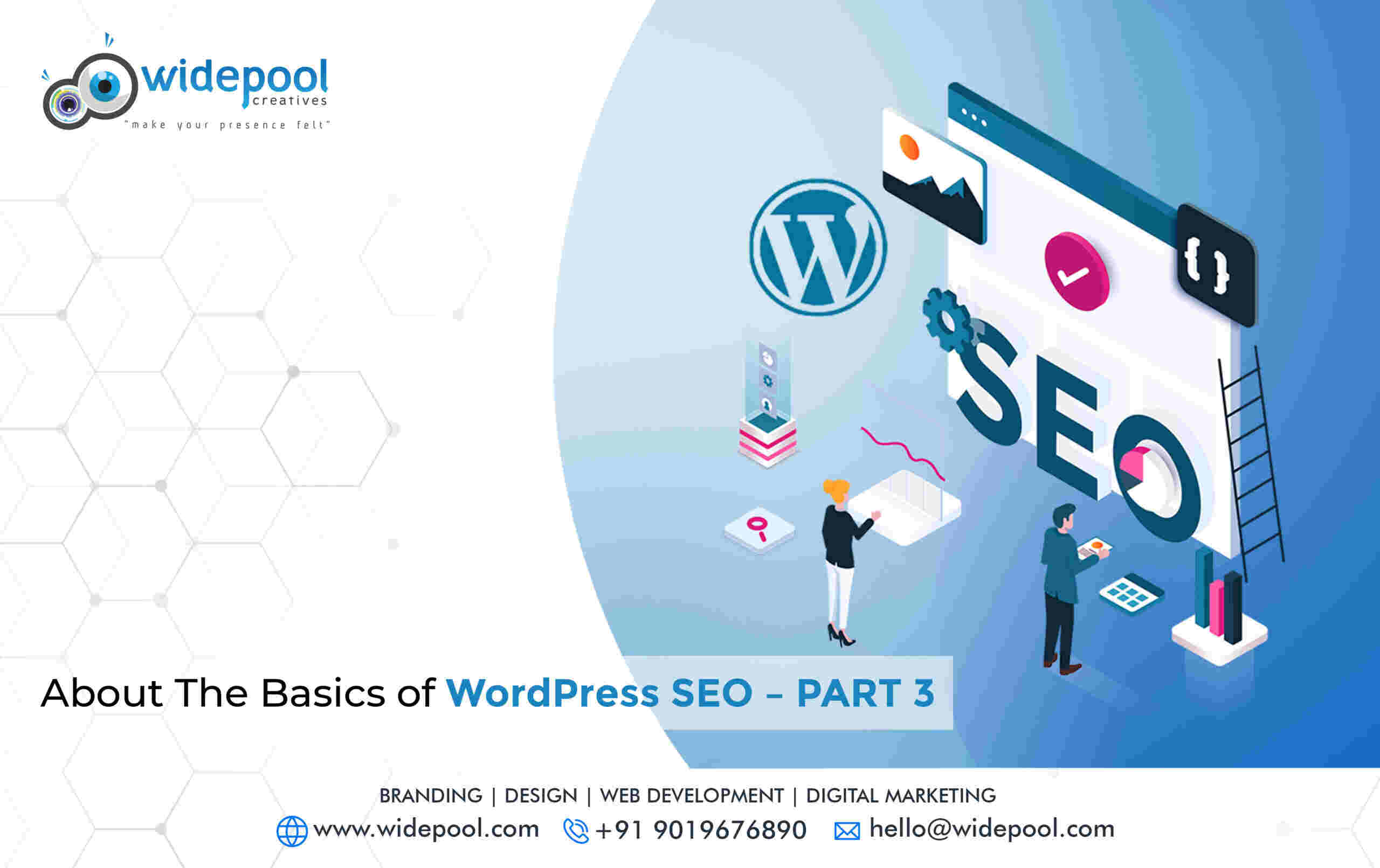Best Practices for WordPress SEO
Avail of Widepool’s Expert WordPress SEO Service
WordPress SEO
In actuality, WordPress SEO involves multiple things like optimizing the content, meta tags, titles, and other elements of a website to improve its ranking in search engine results pages (SERPs). WordPress SEO can also involve optimizing other aspects of a website’s technical architecture such as caching. Its goal is to help increase website traffic from organic search engine results and ultimately increase sales and revenue.
Best Practices for WordPress SEO
Following are the best practices:
Use Categories & Tags Properly
Use categories and tags to help organize your content and make it easier for users to find what they’re looking for. Be sure to use relevant keywords in your category and tag names and descriptions.
Make It a Habit to Do Internal Linking
Linking to other pages within your site not only helps users navigate your site but also helps search engines understand the structure and hierarchy of your content.
Schema Markup & Rich Snippets
Adding schema markup to your site can help search engines understand the content on your site and display rich snippets in search results. Use schema markup for FAQs, reviews, and other relevant content.
Optimize Comments
Be sure to moderate comments and remove spam comments. Encourage user engagement and respond to comments to keep the conversation going.
NoFollow External Links
Use the “nofollow” attribute for external links to avoid passing PageRank to low-quality or spammy sites.
Summaries/Excerpts vs Full Posts
Consider using full posts or excerpts based on the type of content and how it’s presented on your site. Full posts may be more appropriate for news sites, while summaries or excerpts may work better for blogs.
Optimize Page Titles & Meta Descriptions
Use relevant keywords in your page titles and meta descriptions to help users and search engines understand the content of your pages.
Use Responsive Theme
Ensure your site is mobile-friendly by using a responsive WordPress theme that adjusts to different screen sizes.
Optimize Images
Use descriptive alt tags and file names for images, compress images for faster page load times, and use image sitemaps to help search engines understand the content of your images.
Create Quality Content That’s Relevant & Engaging
Focus on creating high-quality, relevant content that engages your audience and keeps them coming back for more.
Utilize XML Sitemaps
Use an XML sitemap to help search engines crawl and index your site’s content more efficiently.
Optimize Website Speed
Use a caching plugin, optimize images and videos, and minify code to improve site speed and page load times.
Utilize Social-Media Sharing Buttons
Add social media sharing buttons to your site to encourage users to share your content on social media.
Regularly Update WordPress & Its Plugins
Keep your site up to date with the latest version of WordPress and any plugins you use to ensure optimal performance and security.
Avail of Widepool’s Expert WordPress SEO Service
WordPress SEO involves a variety of techniques, including optimizing on-page content, creating quality backlinks, optimizing images, and using plugins to improve search engine visibility. WordPress SEO is an essential part of any digital marketing strategy and can help businesses attract more organic traffic to their website. With WordPress SEO, businesses can boost their rankings and get more exposure in the competitive world of search engine optimization. Widepool’s expert WordPress SEO service will help your business reach great heights with effective online visibility!

